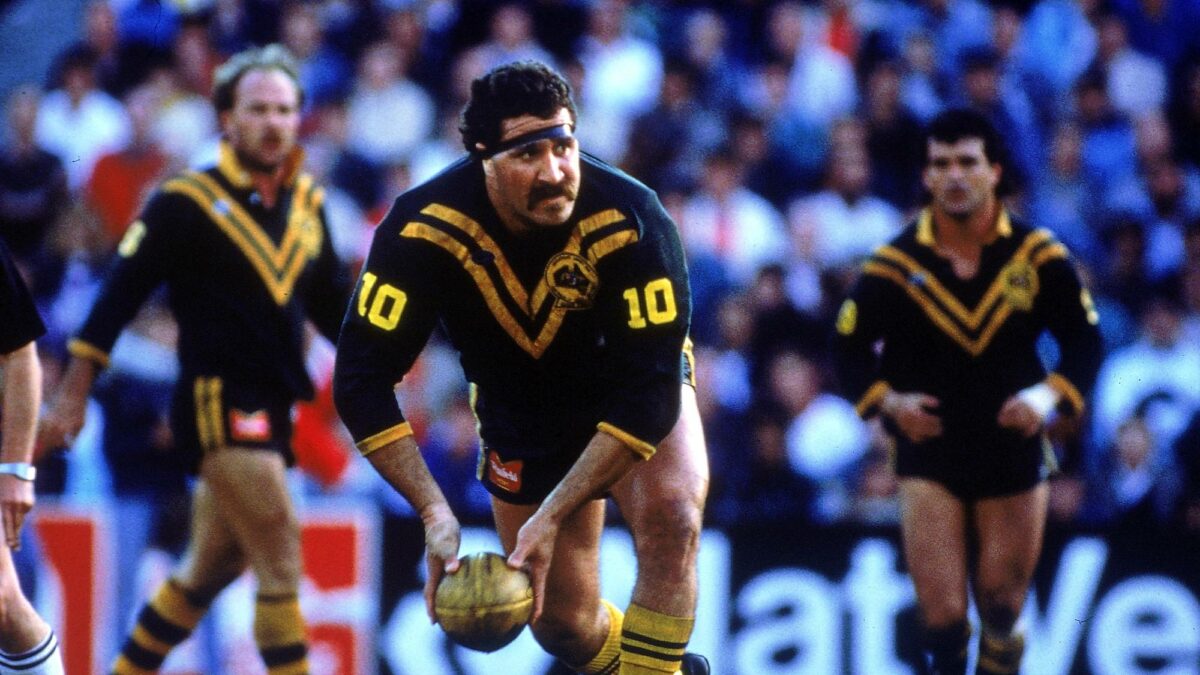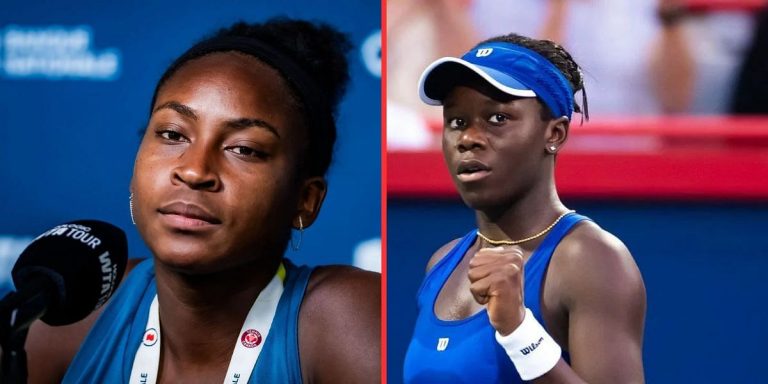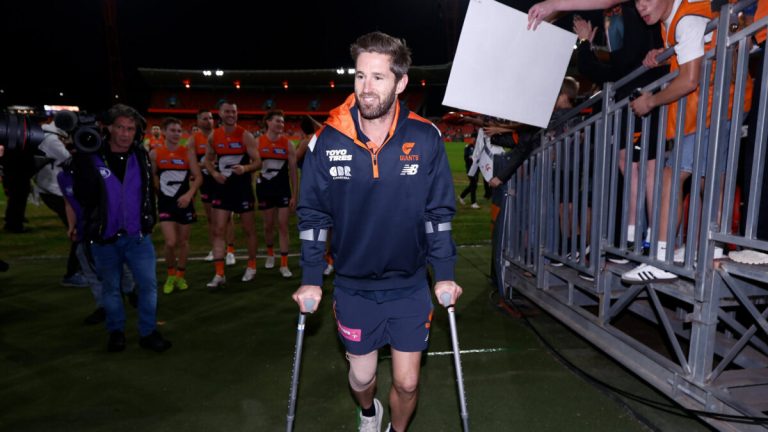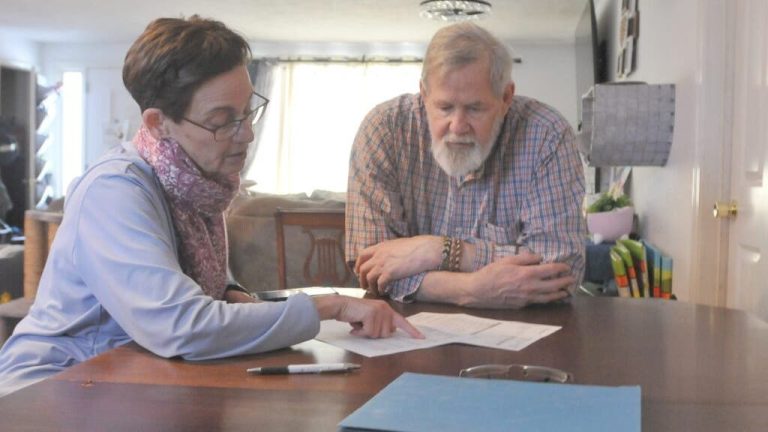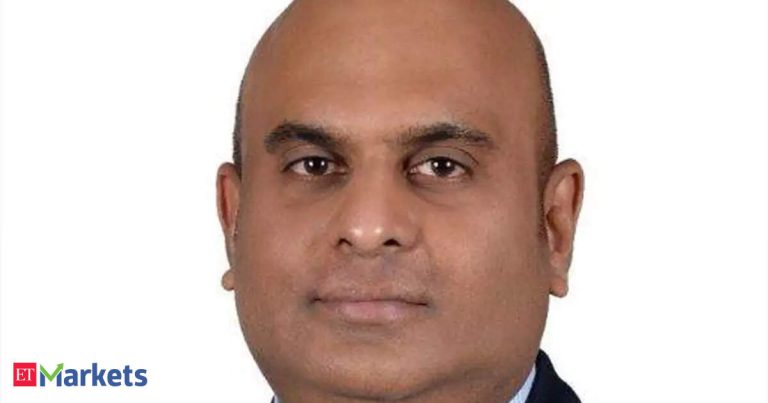The sad passing of Sam Backo on the eve of the NRL’s Indigenous round has seen tributes flow in for the man known as “Slammin’ Sam”, and while it’s often easier to dismiss a former player’s passing with a perfunctory “R.I.P. Sam” or a “Well played Sam”, let’s take just a few moments to remember Backo’s career and contribution to the game.
Appropriately christened Samson, Backo was a big, strong man and a front rower who would have been just as fearsome and effective on the field today as he was some 40 years ago. By all reports, a gentle giant off the field, Backo was a weapon once play got underway. He was virtually unstoppable near the line, and was blessed with the power, footwork and a good offload that made him a constant threat to the opposition.
Never one to take a backward step, Backo was always up for the contest and made it his personal business to dominate opposing forwards. You certainly didn’t want to take Sam Backo on.
Hailing from the Ingham area in Far North Queensland, Backo was the son of Evelyn Scott AO, an Indigenous Australian social activist and educator who played a key role in the 1967 Constitutional Referendum that began to turn the tide in the struggle by Indigenous Australian’s to be put on an equal footing with everyone else, and who went on to become one of the country’s most effective and ground-breaking social reformers. Backo spent his early years in this environment of recognition and change and went on to play his own comparatively small but important role in Indigenous welfare throughout his life.
After spending a couple of years playing country football in both NSW and Queensland, Sam Backo’s rugby league career began to gain some momentum with the Fortitude Valley club in the BRL in the early 1980s, before he joined the Canberra Raiders for just their second season in the NSWRL in 1983.
By 1984, he had firmly established himself in their forward pack alongside the likes of Dean Lance, Jay Hoffman, David Grant and Ashley Gilbert. The Green Machine struggled for success in the early years but the steady influx of talented players of the calibre of Mal Meninga, Peter Jackson, Gary Belcher, John Ferguson, Brent Todd and Steve and Kevin Walters over the next couple of years saw them emerge as a real force in 1987, finishing third on the table and runners-up to Manly in the grand-final. Sam Backo was a big part of their success.
1988 was Backo’s last season with Canberra, but what a year it turned out to be.
His strong early season form for the Raiders saw him selected for QLD in the Origin series, packing down against NSW’s hard men in Steve Roach and Les Davidson, and QLD absolutely dominated the Blues to take the series 3-0, with Backo not only being named man of the match in games 2 and 3, but also crossing for three tries along the way.
And who could ever forget his famous response to a reporter who asked him what playing Origin was like, to which he succinctly replied, “effing hard mate”. No need to beat around the bush, Sam, tell it like it is.
His outstanding performances for Queensland that year then saw him make his Test debut against the visiting Great Britain side, and his try-scoring feats continued, as Australia won the series and big Sam became the only player since Ken Irvine to cross for a try in each of the three Tests in an Ashes series.
His magnificent season was capped off when he was announced as Dally M Prop of the Year.

Sam Backo looks to offload during a rugby league first Test between the Australian Kangaroos and Great Britain at the Sydney Football Stadium. (Photo by Getty Images)
Backo was a key signing for the Broncos in 1989, for what was also their second season in the NSWRL, and he and fellow front-rower Greg Dowling had opposition forwards looking nervously over their shoulders for the full 80 minutes. He went on to play four more games for the Maroons over the next two years, winning three of them, and three more Tests for Australia in 1989, winning them all, but ongoing knee injuries saw him play his last game in the top grade in round 20 of 1990 at the age of 29.
Backo worked hard to advance the cause of Indigenous Australians throughout his life, and was awarded the Australian Sports Medal in 2000 for his contribution to Australia’s standing in rugby league, but surely his greatest accolade came in 2001, some 10 years after he played his last game of football, when he was named in the front-row alongside the immortal Arthur Beetson in the Indigenous Team of the Century.
At the time Backo reacted to his selection by saying “happy to play for my state and country, but to get this recognition, not only from your peers, but the people, is a very special honour”.
Well played Sam … rest in peace.
